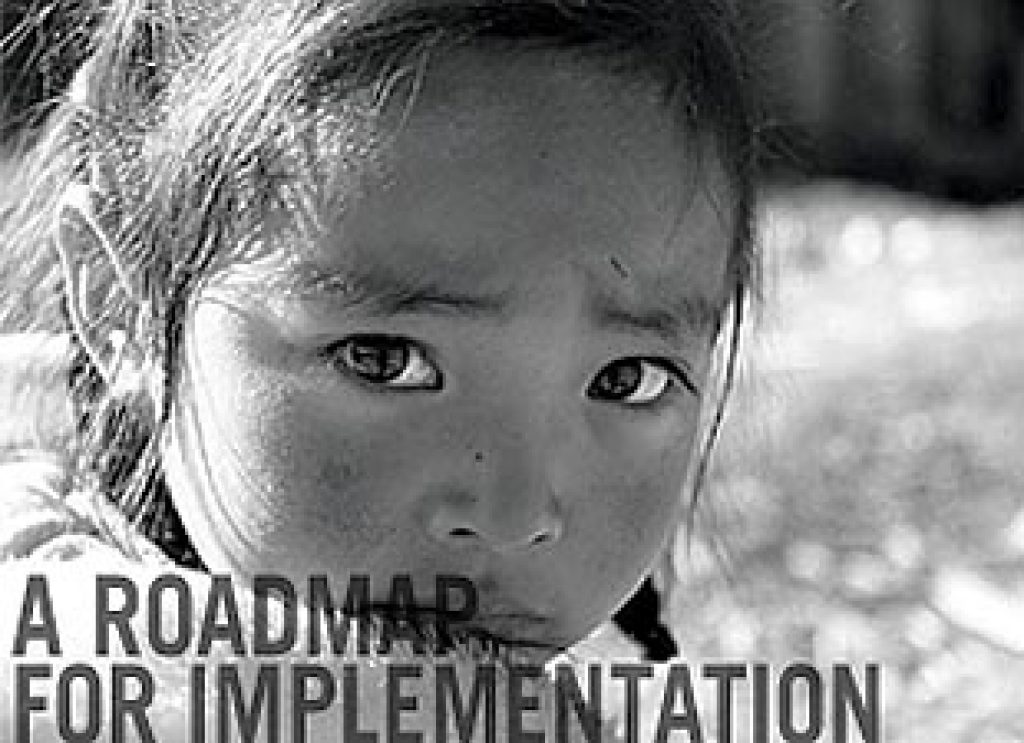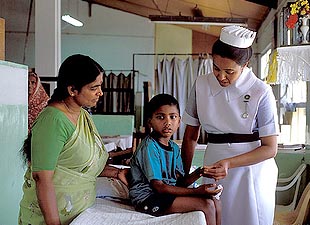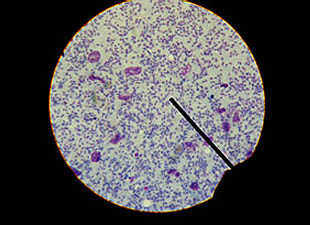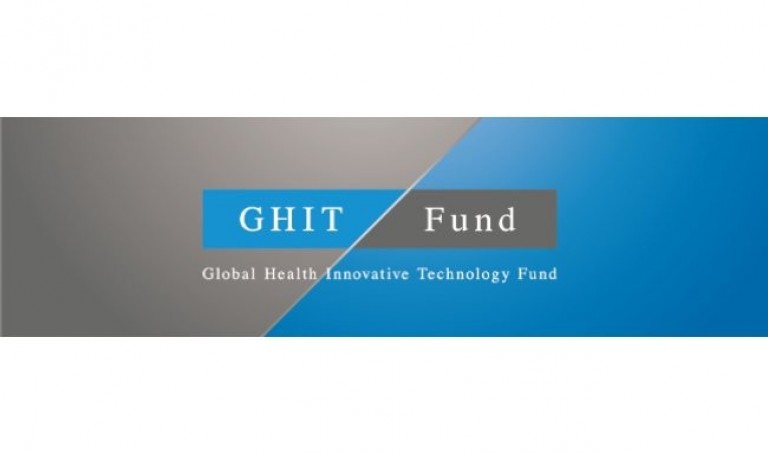
AsianScientist (Jan. 31, 2012) – A large coalition of pharmaceutical companies, governments, and non-profit organizations announced yesterday a new, coordinated push toward the goal of eliminating or controlling 10 neglected tropical diseases (NTDs) by the end of the decade.
In the largest effort to date to combat NTDs, 13 pharmaceutical companies, the U.S., U.K., and U.A.E governments, the Bill & Melinda Gates Foundation, the World Bank, and other global health organisations committed to providing more than US$785 million to help 1.4 billion people worldwide affected by NTDs, most of whom are among the world’s poorest.
At an event at the Royal College of Physicians, partners endorsed the “London Declaration on Neglected Tropical Diseases,” pledging to support the 2020 goals of eliminating NTDs such as sleeping sickness, leprosy, and Chagas disease.
This week, the World Health Organisation (WHO) also unveiled a roadmap for implementation, with targets for what can be achieved by the end of the decade.
“This innovative approach must serve as a model for solving other global development challenges and will help millions of people build self-sufficiency and overcome the need for aid,” said Bill Gates, co-chair of the Bill & Melinda Gates Foundation. The Gates Foundation has announced a five-year, US$363 million commitment to support NTD research.
Commitment from pharmaceutical companies
In addition, new collaborative efforts and access agreements with 11 pharmaceutical companies and the R&D organisation Drugs for Neglected Diseases initiative (DNDi) will provide unprecedented access to compound libraries that could lead to new treatments.
These commitments include the following:
- Sanofi, Eisai, and the Bill & Melinda Gates Foundation will work together to provide 120 million DEC tablets to the WHO for its Global Lymphatic Filariasis Elimination program. Combined with Eisai’s donation commitment that will start in 2014, these new tablets will ensure a sufficient supply of DEC from 2012 through 2020.
- Bayer will double its existing donation of nifurtimox to treat Chagas disease.
- Eisai will extend its existing donation of 2.2 billion tablets of DEC for LF to 2020.
- Gilead, which announced a donation of AmBisome for visceral leishmaniasis in 2011, will continue its program to offer VL at cost and commit to investigate and invest in technologies and processes that could reduce that cost in resource-limited countries.
- GlaxoSmithKline will extend its existing donation of albendazole to treat soil-transmitted helminthes by providing 400 million tablets per year for an additional five years to 2020, as well as continuing its donation of 600 million tablets per year to combat lymphatic filariasis.
- Johnson & Johnson will extend its existing donation of mebendazole for soil-transmitted helminthes by providing 200 million tablets per year to 2020.
- MSD will continue its unlimited donation of ivermectin to combat river blindness and lymphatic filariasis (where co-endemic with river blindness), as well as discuss the use of ivermectin to combat other diseases.
- Merck KGaA will significantly increase its annual donation of praziquantel tablets from 25 million to 250 million tablets per year, extending the program indefinitely.
- Novartis will extend its commitment to provide multi-drug therapy (rifampicin, clofazimine, and dapsone) to leprosy patients worldwide in a final push against the disease.
- Pfizer will continue its donation of azithromycin for blinding trachoma until at least 2020, as well as donate the drug and placebo to a study on the reduction in mortality of children treated with azithromycin.
- Sanofi will extend its existing donation of eflornithine, melarsoprol, and pentamidine for sleeping sickness to 2020, as well as logistical support to ensure that the drugs continue to reach patients at the point of care cost-free.
Speaking on behalf of the CEOs of the 13 pharmaceutical companies involved, Sir Andrew Witty, CEO of GlaxoSmithKline, said:
“Many companies and organisations have worked for decades to fight these horrific diseases. But no one company or organisation can do it alone. Today, we pledge to work hand-in-hand to revolutionize the way we fight these diseases now and in the future,” he said.
——
Source: Bill & Melinda Gates Foundation; World Health Organization.
Disclaimer: This article does not necessarily reflect the views of AsianScientist or its staff.
#Asia #Bangladesh #Bayer Group #Bill and Melinda Gates Foundation #Drugs for Neglected Diseases initiative #Eisai Group #Gilead #GlaxoSmithKline #International Federation of Pharmaceutical Manufacturers & Associations #Johnson & Johnson #Merck & Co. Inc. #Neglected Tropical Diseases #Novartis International AG #Pfizer Inc #Sanofi Pasteur #World Bank #World Health Organization












